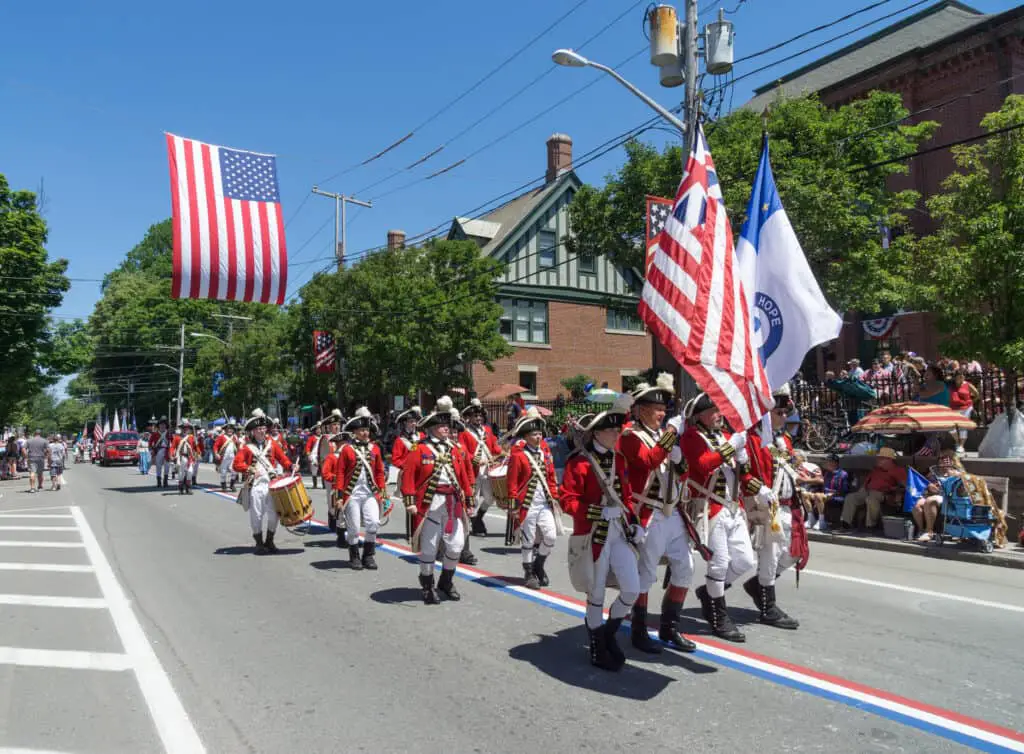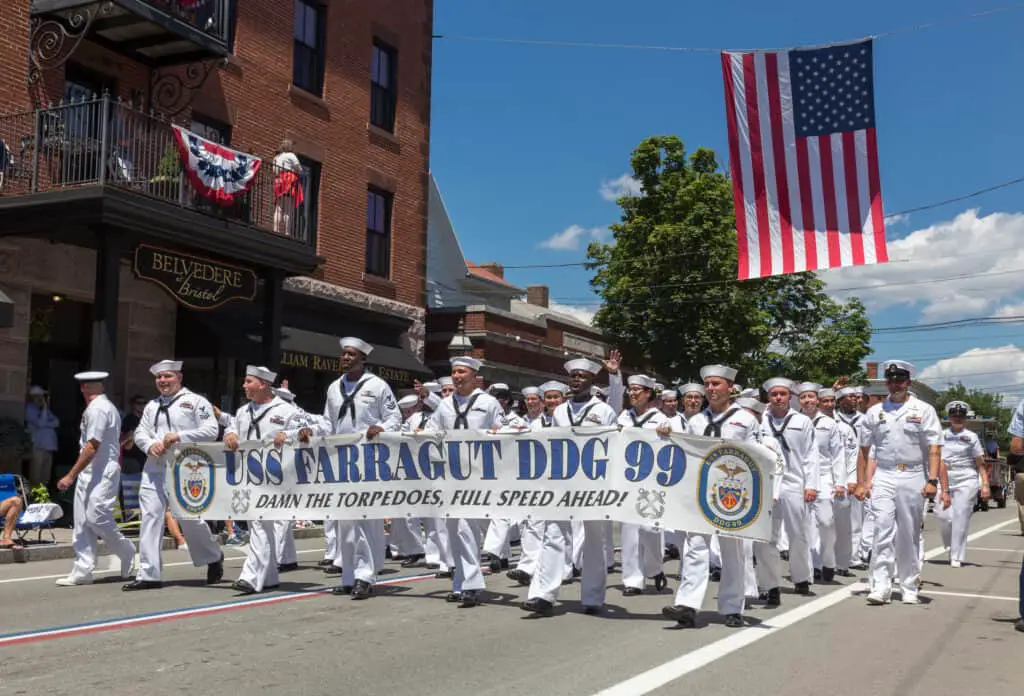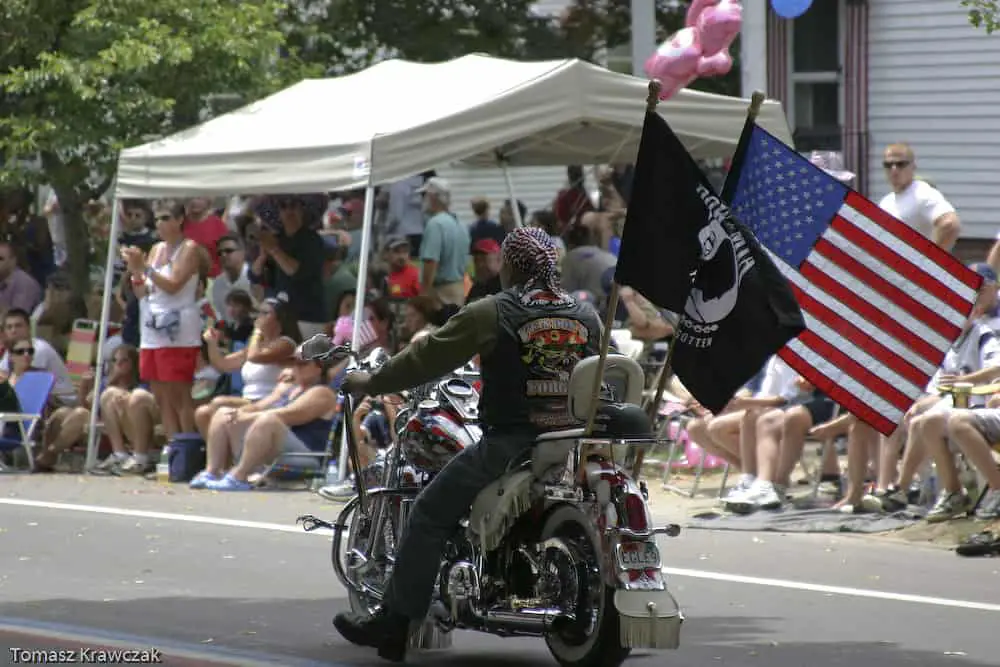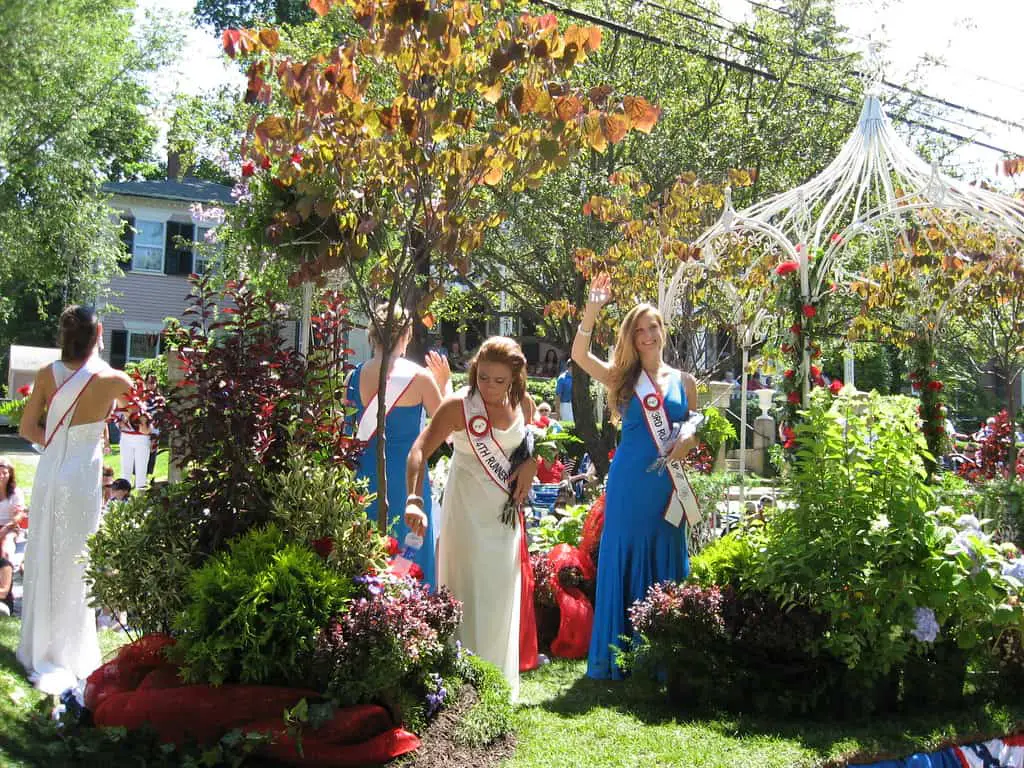A Historic Celebration: The Bristol Fourth of July Parade in Rhode Island.
The Bristol Fourth of July Parade, also known as the Military, Civic, and Firemen's Parade, is a nationally recognized event in Bristol, Rhode Island, every year on July 4. Bristol's Fourth of July celebration is an event steeped in history, established in 1785. As such, it is the oldest Independence Day celebration in the United States.
The festivities attract thousands of people to the town each year, making it a popular destination for tourists looking to experience a unique and memorable Fourth of July Parade.
Overall, the Bristol Fourth of July Parade is essential to Rhode Island's cultural heritage, representing a significant moment in American history.
Its enduring legacy as the oldest Independence Day celebration in the country continues to inspire and unite people from all walks of life to come together and celebrate the birth of the nation.
The History and Traditions of Bristol's Fourth of July Parade
Bristol Fourth of July Parade has a rich history dating back to 1785 when Rev. Henry Wight of the First Congregational Church and veteran of the Revolutionary War established the annual official and historic Patriotic Exercises. Later on, Rev.
Wight transformed the celebration into a parade, which continues to this day under the organization of the Bristol Fourth of July Committee.
The festivities commence on June 14, Flag Day, with outdoor concerts, soap-box races, and a firefighters' muster at Independence Park, extending to July 4. However, the celebration's highlight is the Military, Civic, and Firemen's Parade, the oldest annual parade in the United States.
The event draws over 200,000 people from Rhode Island and around the world, culminating in the grand celebration of American independence on July 4.
Bristol's Fourth of July Parade is renowned for its elaborate and patriotic celebrations, earning the town its nickname, "America's most patriotic town."
The parade has been canceled several times, but the Fourth of July has been celebrated yearly in Bristol since its inception.

Time-Honored Traditions of Bristol's Fourth of July Parade
Bristol Fourth of July Parade is renowned for its grand parade and longstanding traditions that add to the festive atmosphere. Here are some notable practices that have been part of the celebration.
Patriotic Exercises Speaker
The Patriotic Exercises Speaker is the oldest tradition of the celebration, dating back to 1785. Each year, a notable person is chosen to speak on occasion, adding to the patriotic fervor of the event.
Chief Marshal
The Chief Marshal is a high honor given to a Bristol resident, and this tradition began in 1826. The Chief Marshal leads the parade and ensures that everything runs smoothly.

Hattie Brown Award
The Hattie Brown Award was introduced in 1987 and is presented annually to a deserving Bristolian who exemplifies the same spirit of community service as the late Hattie Brown.
Visiting ship
Since 1876, a U.S. Navy ship has been present at the celebration, adding to the patriotic theme. Drum and Bugle Corps from around the country also participate in the festivities, showcasing their musical talents.
Fourth of July Ball
The Fourth of July Ball is a formal affair with cocktails, dinner, dancing, and a grand march. This tradition has been a part of the celebration for many years.

Button Contest
The Button Contest is a favorite tradition for children in Bristol, who compete to design the official button for the parade. The winner is given a $100 bond and has the opportunity to march in the parade.
Longest Traveled Award
The Longest Traveled Award recognizes the person who has traveled the longest distance to return to Bristol for the celebration, highlighting the town's appeal and the event's significance.
Pageants for Miss Fourth of July and Little Miss Fourth of July
The Bristol Fourth of July Parade has a specific rule regarding pageant winners participating in the parade.

According to official parade rules, only the winners of the Miss Fourth of July and Little Miss Fourth of July pageants are allowed to participate in the parade. This means that winners of other pageants are excluded from participating.
This rule intends to maintain the traditional spirit of the parade and minimize commercialization. Limiting the pageant winners to those representing the local community, the parade stays true to its roots and celebrates the people of Bristol.
Overall, these time-honored traditions add to the charm and appeal of Bristol's Fourth of July celebration, making it a unique and beloved event for both residents and visitors alike.
